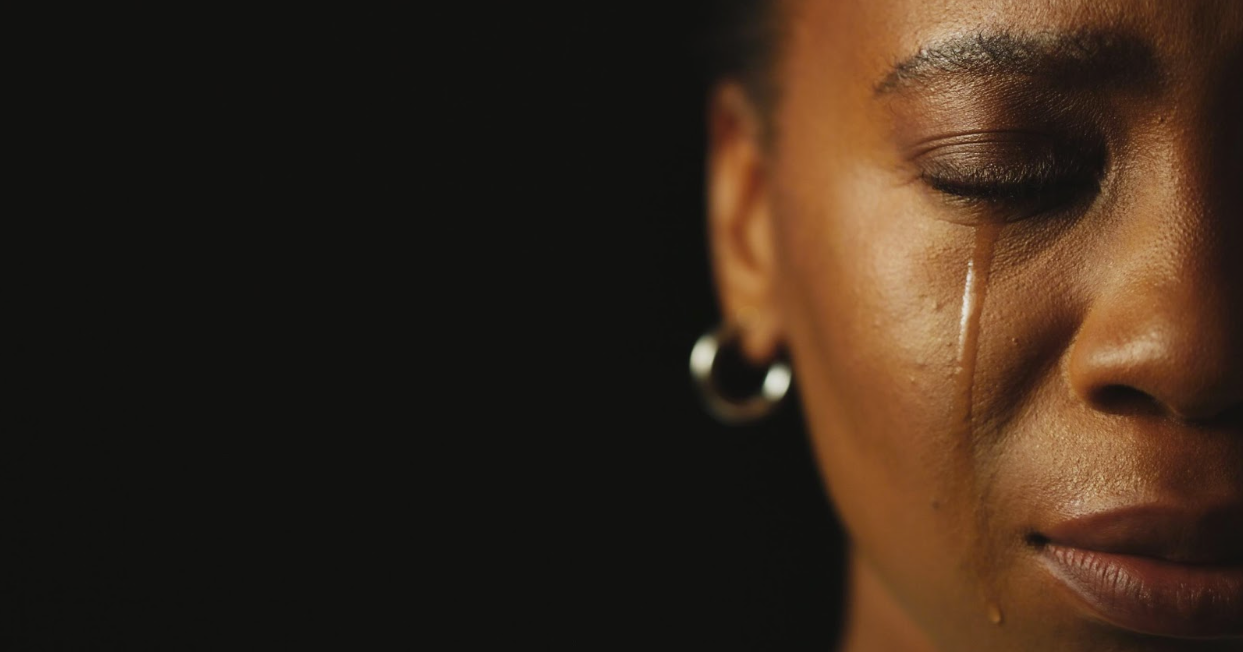The Power of Vulnerability: Turning Perceived Weakness into a Strength
Photo Credit: bloodstone via iStockPhoto.com
By: Jamila Gomez
In a world that often glorifies strength, resilience, and invincibility, vulnerability can feel like an unwelcome guest. We're conditioned to believe that showing our soft spots is a sign of weakness, something to be hidden at all costs. Yet, what if we’ve misunderstood vulnerability all along? What if, instead of being a weakness, vulnerability is one of our greatest strengths?
The Misconception of Vulnerability
For many, vulnerability is synonymous with fear, insecurity, and exposure. It's the feeling you get when you open up to someone about your deepest fears or when you admit that you don’t have all the answers. It’s that moment of raw honesty where your guard is down, and you’re fully seen for who you are—flaws and all.
Because of this, we often go to great lengths to protect ourselves from feeling vulnerable. We put on masks, build walls, and hide behind facades of perfection. But in doing so, we miss out on the profound connections and growth that come from embracing our true selves.
Why Vulnerability Is a Strength
1. Authentic Connections: Vulnerability is the birthplace of authentic relationships. When we allow ourselves to be seen, we invite others to do the same. This openness fosters trust and deepens our connections with others, creating relationships that are not just surface-level but rich and meaningful.
2. Courage to Be Real: It takes immense courage to be vulnerable. To admit that you’re scared, that you’ve failed, or that you need help requires strength of character. This honesty with yourself and others is a testament to your inner resilience, not a lack thereof.
3. Growth and Learning: Embracing vulnerability is essential for growth. When we admit that we don’t know everything, we open ourselves up to learning. Failure, often seen as a byproduct of vulnerability, is a critical part of this learning process. Each misstep is an opportunity to grow, adapt, and come back stronger.
4. Emotional Resilience: Being vulnerable means being in touch with your emotions. Rather than suppressing or ignoring difficult feelings, vulnerability encourages us to confront and process them. This emotional awareness builds resilience, allowing us to navigate life’s challenges with greater ease.
5. Inspiration to Others: When you lead with vulnerability, you inspire others to do the same. Your willingness to be open about your struggles and fears can encourage others to step out of their comfort zones, creating a ripple effect of authenticity and bravery.
How to Embrace Vulnerability
1. Start Small: You don’t have to bare your soul all at once. Begin by sharing small aspects of your true self with those you trust. Over time, as you become more comfortable, you can gradually open up more.
2. Reframe Your Thinking: Instead of seeing vulnerability as a weakness, start viewing it as a strength. Remind yourself that being vulnerable is a courageous act that requires bravery and resilience.
3. Practice Self-Compassion: Being vulnerable means accepting yourself as you are, flaws and all. Practice self-compassion by treating yourself with kindness and understanding, especially when you’re feeling exposed or uncertain.
4. Seek Out Support: Surround yourself with people who value and encourage your vulnerability. These are the individuals who will support you, offer empathy, and remind you of your strength when you need it most.
5. Embrace the Uncomfortable: Vulnerability often feels uncomfortable, but that’s where the growth happens. Lean into that discomfort, knowing that it’s a sign you’re stretching beyond your comfort zone and growing as a person.
Vulnerability is not a weakness to be shunned but a strength to be embraced. It’s the key to authentic relationships, personal growth, and true courage. By allowing ourselves to be vulnerable, we unlock a power within us that transcends fear and insecurity, leading to a life of deeper connections, greater resilience, and genuine fulfillment. So, the next time you feel the urge to hide your vulnerability, remember that it’s not a sign of weakness—it’s a testament to your strength.







